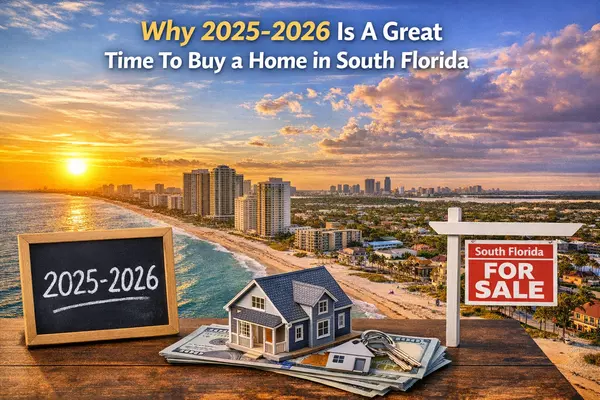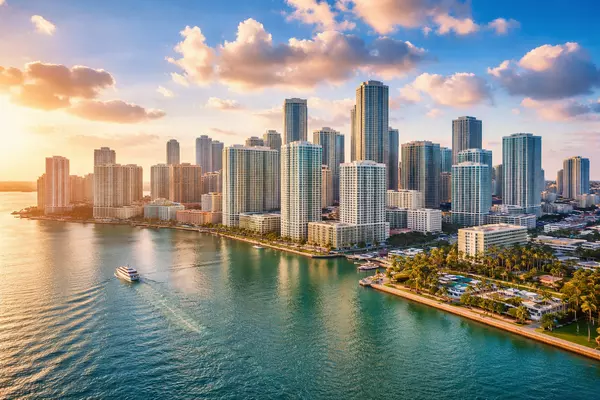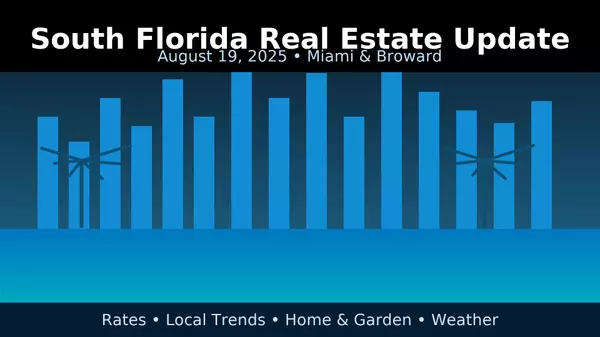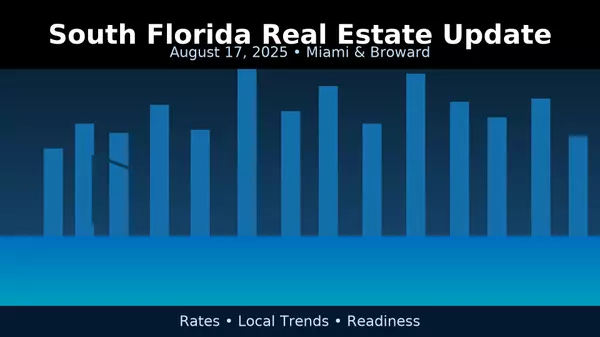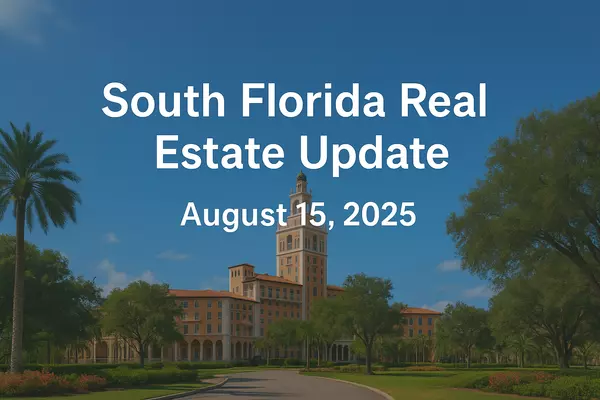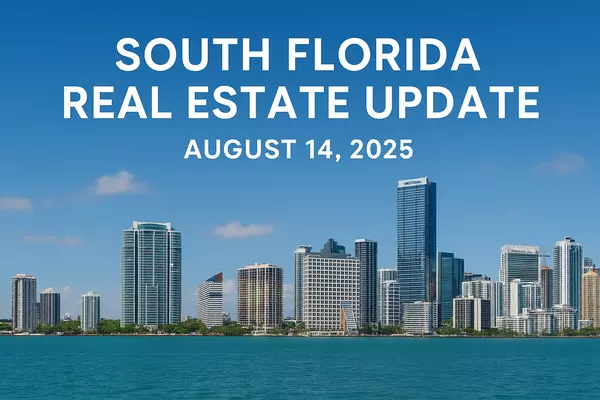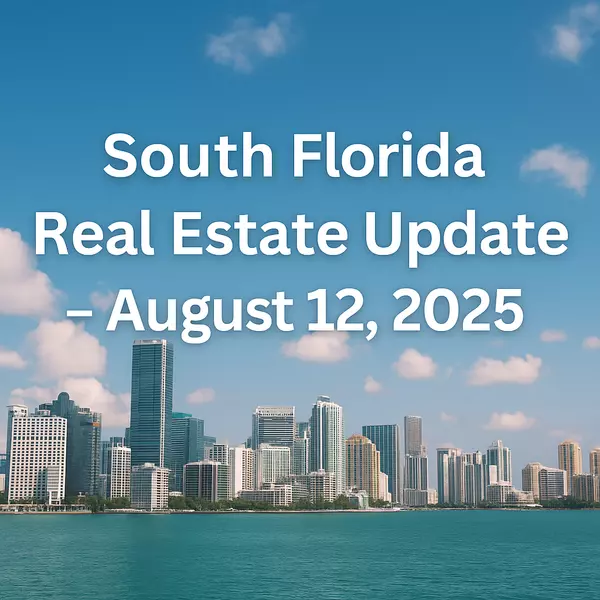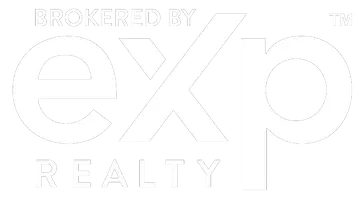Navigating the Future of Miami's Condominium Market: The Impact of Building Recertification

Introduction: In the wake of the Surfside condominium collapse in Miami, the focus on building safety and structural integrity has intensified. The incident has propelled changes in building recertification processes, significantly impacting the condominium market in Miami. This blog explores how the new regulations around condo building recertification are shaping the future of Miami’s condominium market.
Understanding Building Recertification: Building recertification in Miami involves a thorough inspection process that assesses the structural and electrical safety of buildings, typically those over 40 years old. This process, mandated by Miami-Dade County, ensures that aging buildings meet current safety standards. The recent events have led to calls for more stringent and frequent recertifications, potentially affecting both older and newer buildings.
Impact on Condominium Owners and Buyers:
- Increased Safety Measures: For condo owners, the new recertification process means enhanced safety measures. This could involve significant financial commitments to comply with updated safety standards.
- Shift in Buyer Priorities: Prospective buyers are now more vigilant about the structural integrity of condominiums. There's a growing preference for newer buildings or those that have recently undergone recertification.
- Insurance and Liability: The emphasis on safety could lead to changes in insurance policies for condo buildings, potentially affecting premiums and coverage.
Effect on the Condominium Market:
- Market Value Fluctuations: Older condominiums may see a fluctuation in market value. Buildings due for recertification might face challenges in attracting buyers unless they demonstrate compliance with the latest safety standards.
- Increased Demand for New Construction: There is a noticeable shift towards new construction condos, perceived as safer and more compliant with current building codes.
- Renovation and Upgrades: Many existing condominiums are undergoing renovations and upgrades to meet the new recertification standards, leading to temporary market adjustments.
Future Outlook: The condominium market in Miami is in a state of evolution. While the new recertification process presents challenges, it also offers opportunities:
- Rising Standards in Construction: Future condominium developments in Miami are likely to adhere to higher safety and construction standards.
- Long-term Market Stability: Enhanced safety measures can lead to increased buyer confidence, contributing to long-term market stability.
- Innovation in Building Technologies: This new focus could drive innovation in construction technologies and materials, leading to safer and more sustainable buildings.
Conclusion: The new building recertification requirements are reshaping Miami's condominium market, prioritizing safety and structural integrity. While this brings certain challenges, it also opens doors to a safer, more resilient, and confident market in the future. For condo owners, buyers, and developers in Miami, staying informed and proactive about these changes is key to navigating this evolving landscape successfully.
Categories
Recent Posts



